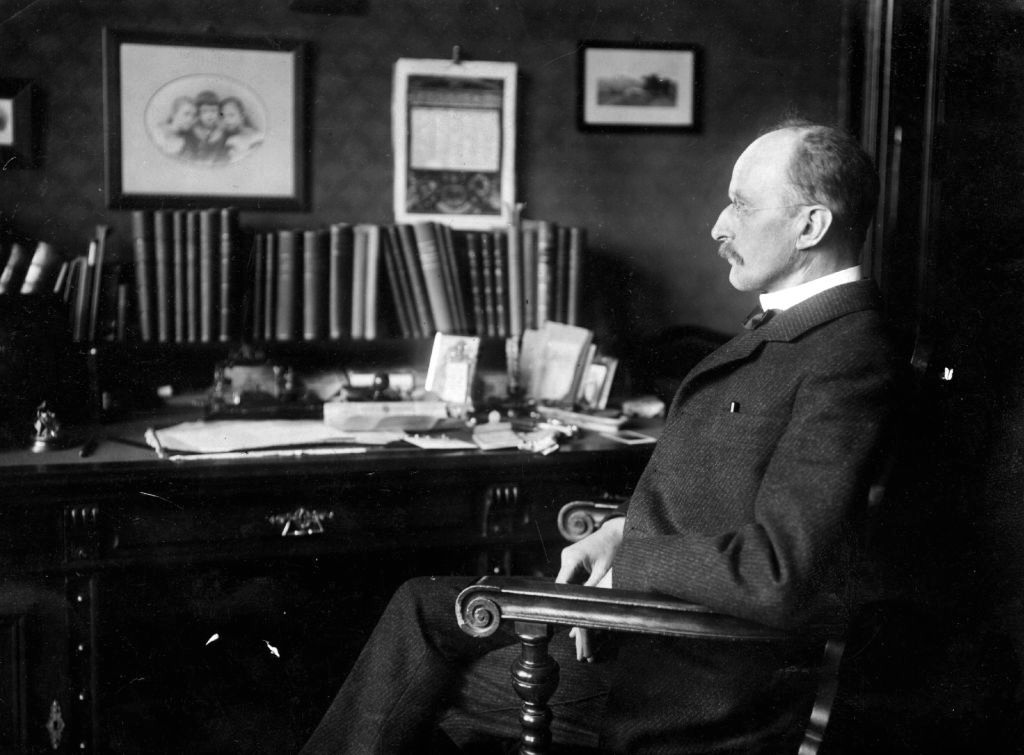
This is the month that, in 1900, quantum theory was presented by German physicist Max Planck in a paper to his scientific peers.
Defining it for us lay people remains a challenge but, essentially, his theory suggests that energy is not continuous and can display itself as if it is physical matter.
For those who mastered physics, a doctoral thesis could likely be written about quantum theory and Planck's brilliance in offering his insight on this subject.
For the rest of us, it is a matter of asking: what did the quantum theory spawn, how does it have a hand in today's technology race among nations, and what does the future hold when brilliant minds in other countries explore physics for the purpose of advancing their government's global ambitions?
To further reflect on Planck's work, other scientists who followed him, including Albert Einstein and Niels Bohr, not only embraced Planck's theory but created quantum mechanics, which physicists explain is the mathematical application of the theory. Academics would suggest that this advance led to Einstein's theory of relativity, which in turn led to the Atomic Age.
And this is where Planck may play a role in directing the future of the 21st Century.
A number of respected scientists believe quantum mechanics can play an important role in determining how best to create and sustained a controlled fusion reaction. If so, there is literally unlimited power available from such technology, making every other energy source obsolete. And the nation that tames this source of power will assume a level of global leadership the likes of which has not been seen since the United States ended World War II with the use of two atomic bombs.
Central to controlled fusion is a massive installation called a tokamak. It is essentially a huge thermos with magnetic confinement devices inside to keep the fusion concentrated in one place under enormous pressure.
It is so promising that the Chinese government has invested what some experts believe is up to $1.5 billion annually to win the race for unlimited energy. In the interim, the same experts say the lead the United States once had in this arena has disappeared.
One telling remark from an observer said that it was not the size of the investment that startled him, but the speed by which the Chinese are advancing in this field, building new tokamaks while America's similar research facilities are aging.
Admittedly, the U.S. is pursuing alternatives, including a focus on how, or whether, lasers can be used to contain a sustained fusion reaction, but it is unclear whether it may become a researcher's dead end.
This much is clear. Great nations rise or fall depending on how they create, leverage and dominate with their advance of technology. It has been true since the Egyptians first used horse-drawn chariots to defeat their enemies. This century's dependence on ever larger amounts of electricity – whether it is for AI and supercomputers, or for powering a city – will strategically position for global dominance the nation that can extract an unlimited amount of energy "from a bottle."
Lawrence Kadish serves on the Board of Governors of Gatestone Institute.


